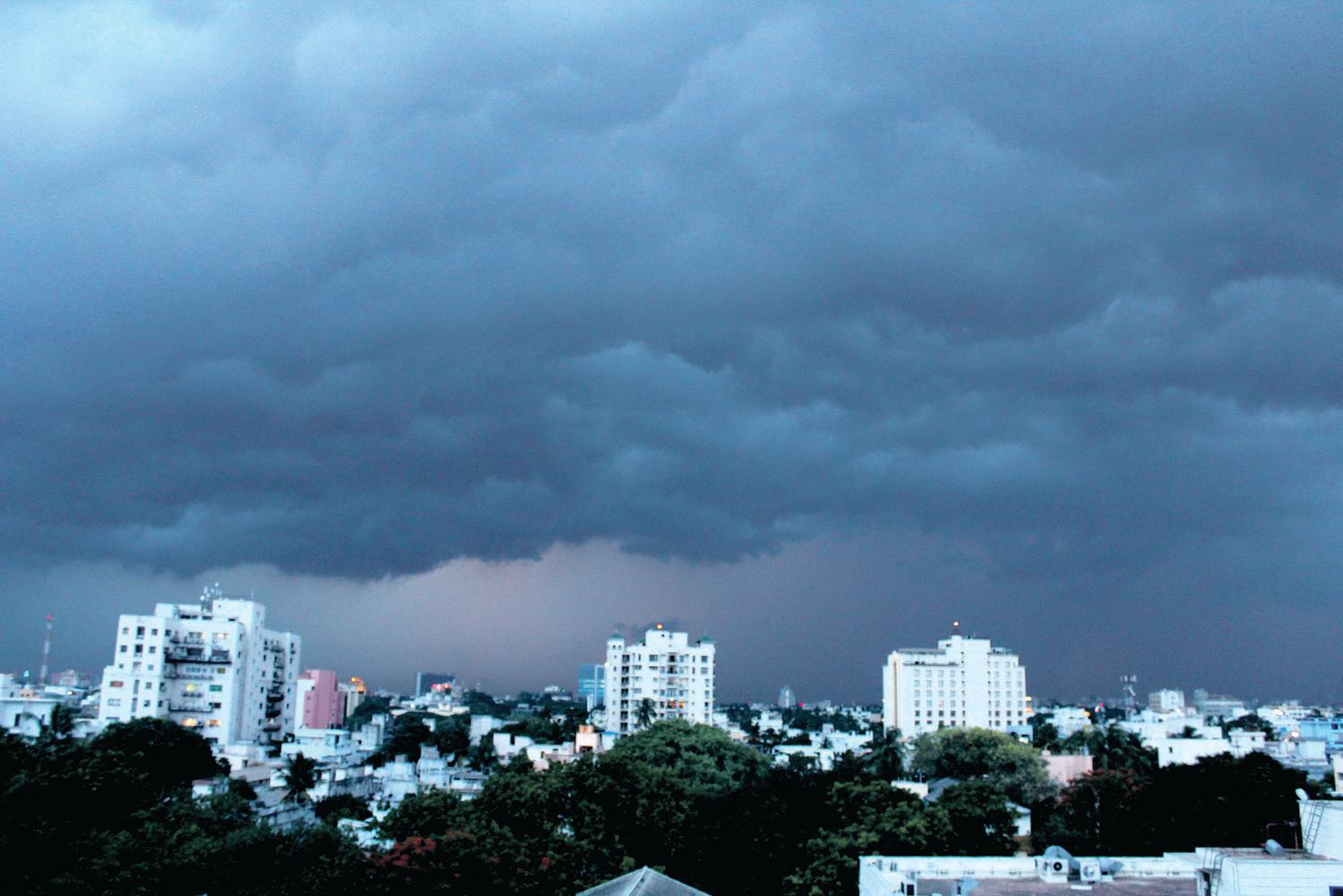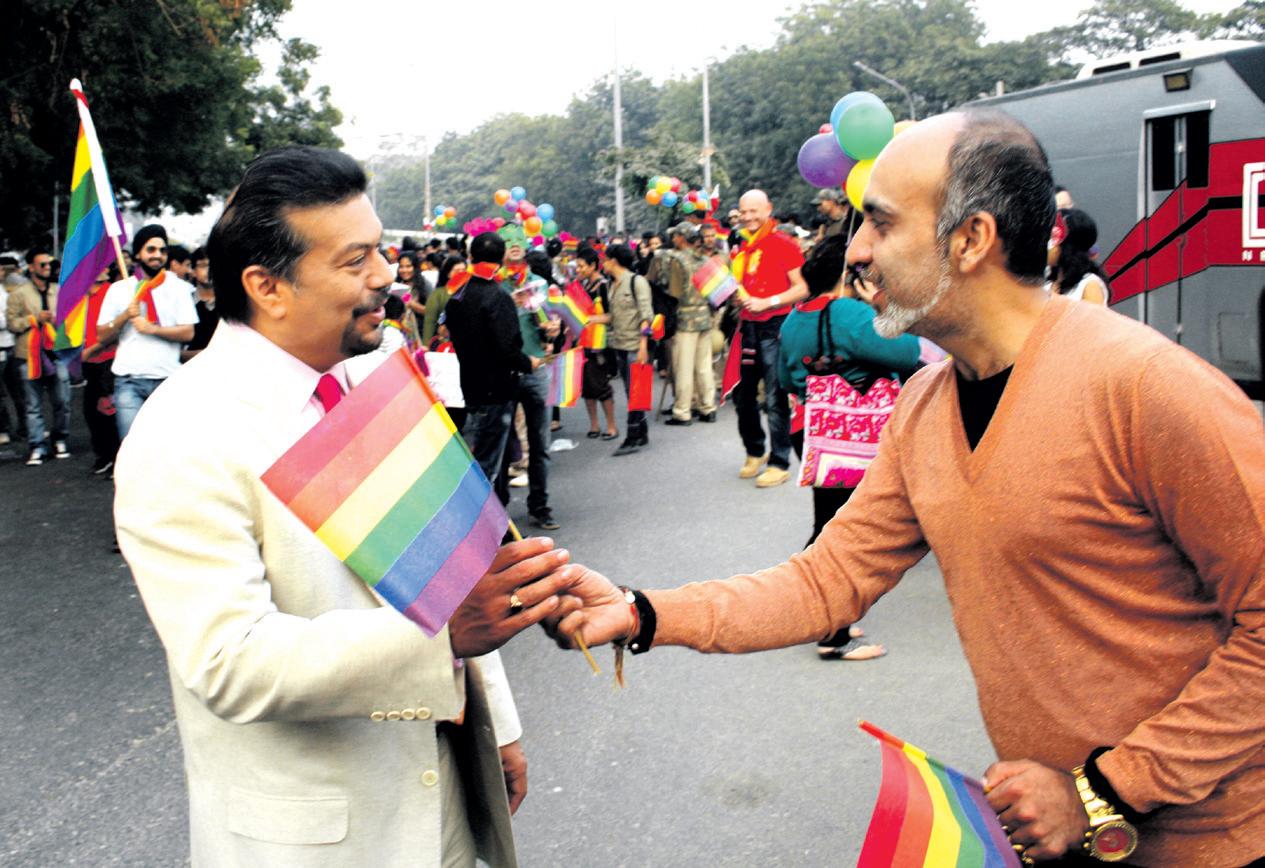
3 minute read
The rising storm
from 2012-09 Sydney (1)
by Indian Link
Fundamentalism by ultranationalists is seeping through the core of India today, with damaging effects
BY TIM BLIgHT
Acolleague once told me that he loved travelling in Asia for all its hilarious contradictions.

Such as the metro trains in Tokyo, where talking on mobile phones is banned to avoid disturbing other people. Arriving at each station, however, passengers are earbashed by an organ player, announcing the name of the stop along with a ditty on the keyboard at full volume. Absurd? Absolutely! Living in India, I see similar contradictions; however the paradoxes here are often much more profound and unsettling. Each evening now a huge bank of clouds builds over Chennai belying the heat of the day, an ominous warning of the approaching monsoon. A not dissimilar sensation may also occur to anyone who has monitored the media in recent months and years. The question of national identity has been a hot topic in Asian countries for many years, and India is no exception. Since as long as people can remember Indians have struggled, and for the most part, balanced who they are: nationality, language, religion, job – but not necessarily in that order. Occasionally the balance would be thrown and would explode into violence. However in the late-2000s many held their breath that maybe economic progress would outstrip the days of communal unrest. Today, those people find themselves in between ultranationalists, religious fundamentalists and hardline secularists, all of whom have a vision of what India should be. This debate is an old one, but is rising in intensity and scope thanks to social and traditional media sources. It is particularly fraught in India, where morality and politics has been confused by years of foreign invasion and rule.
The 2009 overturning of Section 377 of the Indian Penal Code is a case in point. The law which famously criminalized sexual activity ‘against the order of nature’ was introduced during British rule. That considered, opposition to overturning the law came from an unlikely source – ultranationalists. Of course religious figures also campaigned against the move, but for different reasons to those given by the nationalists. It served to highlight the contradictions in the ideology of the far right – that some of the (allegedly) proudest Indians would seek to uphold a relic of the British era. Is India not the home of the Kamasutra?
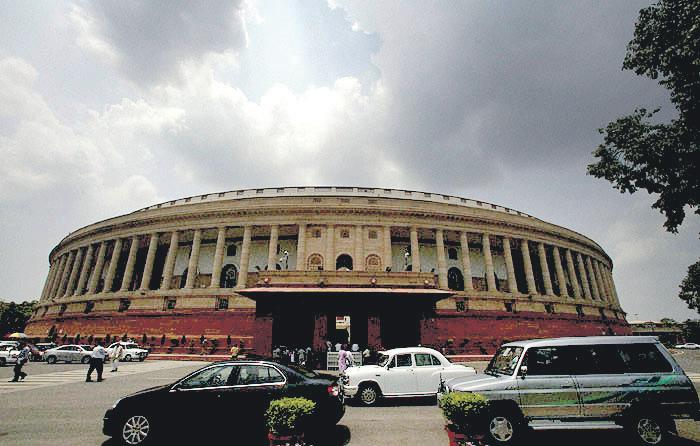
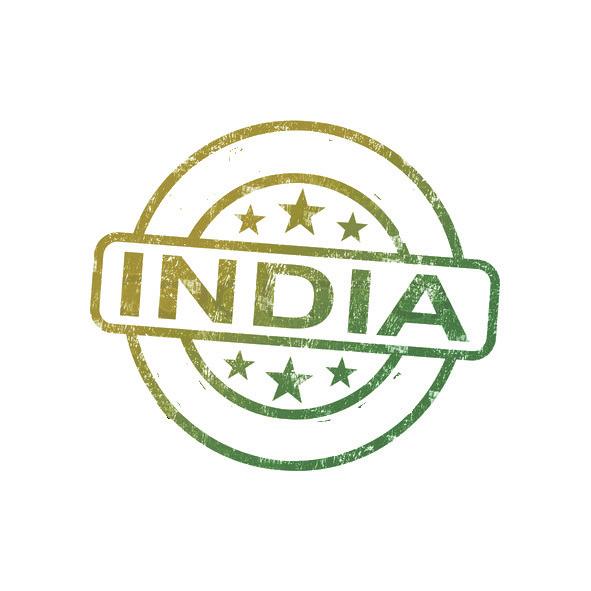
Isn’t the world’s finest example of theological erotic art in Khajuraho?
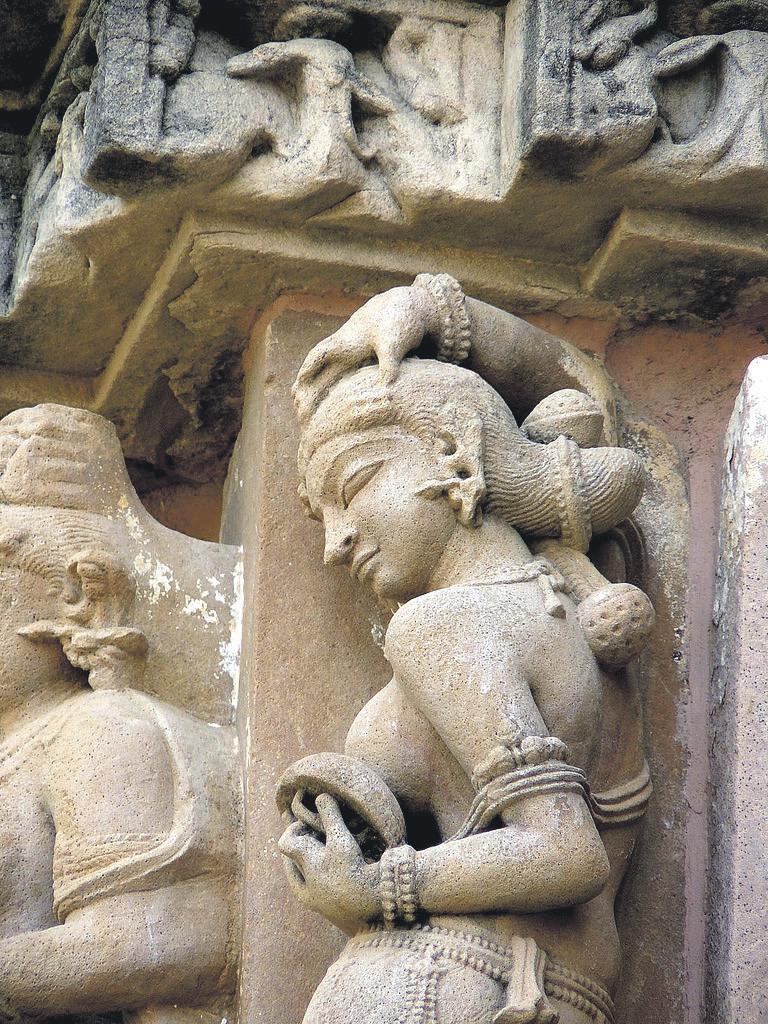
The point here is not that we must all engage in the acts sculpted out of those stone walls. We don’t even have to condone them –blush if you will! The point is that India has an indigenous tradition of sex independent of Britain and its scandal-ridden ‘passions of the flesh’ paranoia.
The contradictions in modern India are rife. Conservative Muslims receive uninvited promotional text messages advertising: “The secrets of love – just Rs. 5, push yes to know more!” Young girls are tut-tutted by old men for the clothes they wear enroute to a nightclub. Don’t be fooled, this is not a struggle between tradition and modernity – it’s a battle between two different visions for the nation. And although this isn’t unique to India, what is most concerning is the often vitriolic form it is taking. In 2010, journalist Sagarika Ghose coined the term ‘Internet Hindu’ to describe those who had attacked her online for her “pseudo-secularism” (cue outraged gasps). Many have objected to the term ‘Internet Hindu’ as Hinduism preaches peace, while so-called ‘Internet Hindus’ are characterized by their aggression. And therein lies the biggest contradiction of the ultranationalist movement.
If Hinduism is a religion of peace, it is difficult to comprehend how it can be reconciled with some of the acerbic rhetoric emerging nowadays. Equally, the marriage of rabid ultranationalism and modern India is troublesome, given the foundations laid by the father of the nation, Mahatma Gandhi. He spoke of his vision for a pluralistic, harmonious society, and I can’t imagine the current tide of ultranationalism being condoned by the ‘great soul’, were he still alive. Moreover, the consequences of an overly aggressive India could be catastrophic for the nation. Gujarat’s reputation is still recovering from the riots of 2002, and the local tourism market has felt the pinch. Tourism is just one area that would be affected by a paradigm shift in Indian society. India has had front-row seats to the effects of extremism in Pakistan in the past decade, not to mention the implications if India was drawn into a war with its neighbour. Uber-patriots claim that the Indian military could conquer any adversary – they fail to address what would be the cost to the nation’s credentials and society. The storms that breaks over
Chennai every night brings with them tumult and turbulence but come morning, the clouds are gone. India, on the other hand, can’t sleep during the growing storm over its future. The idea that India is a peaceful nation is problematic, given its long history of internal conflict. Nevertheless it’s an idea that must be aspired to – the stakes are too high for it to be otherwise.
If Hinduism is a religion of peace, it is difficult to comprehend how it can be reconciled with some of the acerbic rhetoric emerging nowadays.
